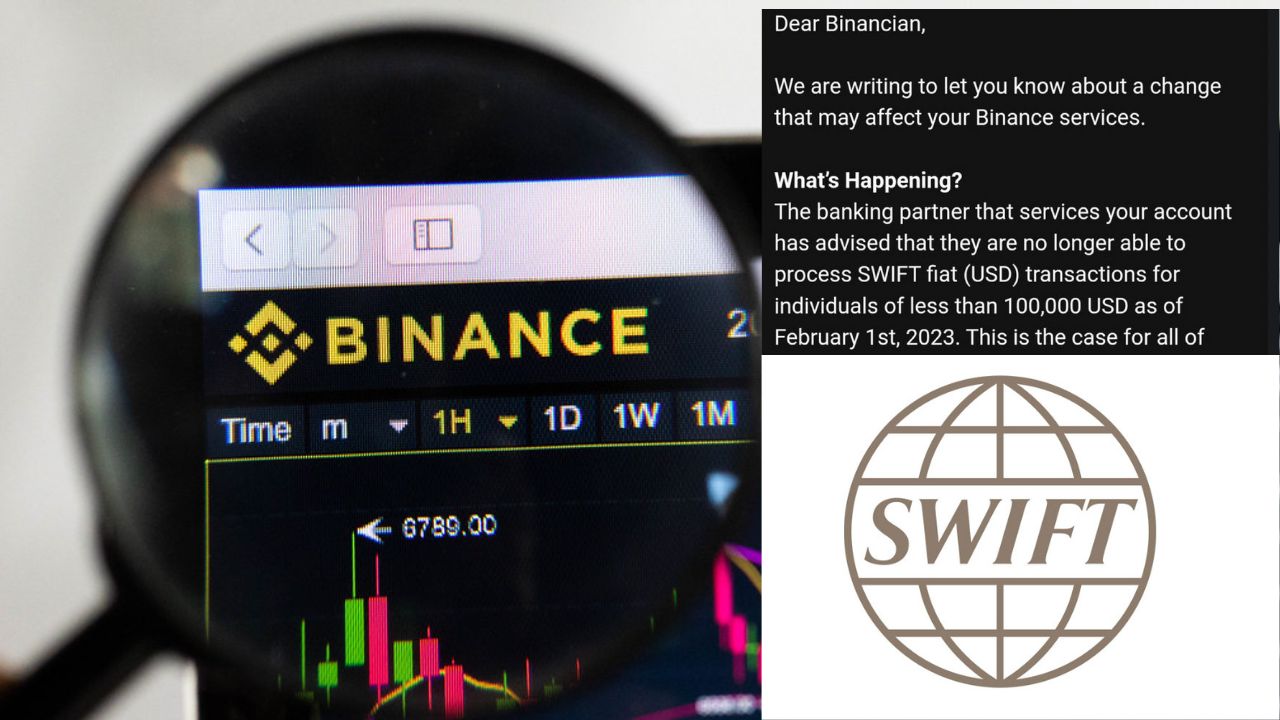Here’s why Bitcoiners are flocking to Nostr, a social network supported by Jack Dorsey and Edward Snowden
As illustrated by Elon Musk’s
alleged demands for engineers to improve engagement on his tweets, there is a persistent issue with the centralized power held by the companies behind giant social media platforms. Meanwhile, more decentralized alternatives to
Twitter or
Facebook, such as
Mastodon and
Nostr, are emerging and providing users with greater control over their posts and personal data. Recently, Nostr in particular has become popular among Bitcoin users and has drawn support from prominent individuals including Twitter co-founder and longtime CEO Jack Dorsey and
NSA whistleblower Edward Snowden.
But what are the odds Nostr will grow beyond its current, niche user base of devout Bitcoin supporters?
Fortune reached out to Dorsey, pseudonymous Nostr creator Fiatjaf, and others to find out more about how the platform works, the issues associated with current social networks, and whether this can be more than a passing fad.
So, what makes Nostr so special? “For me, it’s the simplicity, openness, and speed of development,” Dorsey told
Fortune via Nostr direct messaging. “It’s not just about building a social media service, but rather to add resilience and resistance to a multitude of use cases and services. The focus now is on client and social, but the real power is going to be the microapps people build on this and how they seamlessly work together. I don’t see similar projects going after that goal.”
Nostr stands for Notes and Other Stuff Transmitted by Relays, and it’s a single platform for the creation of many decentralized social networking apps. Instead of having separate login details for the likes of Instagram, Twitter, Telegram, and other applications, Nostr users are able to log into decentralized alternatives of these sorts of applications with a single set of credentials and not have to worry about their account getting banned or content being censored. That said, the most popular Nostr apps today (e.g.
Damus,
Astral,
Iris, and
Snort) feel extremely similar to Twitter. Notably, Damus became the first Nostr app to get listed on the
Apple App Store but was quickly banned in China.
William Casarin, who works on Damus, and Fiatjaf, the original creator of Nostr who
received a 14 bitcoin (around $344,000) grant from Dorsey, both pointed to traditional apps being too quick to ban accounts as a key reason for their initial interest in this new social network. Although many notable Twitter accounts
have been reinstated since Musk took over the company, there’s nothing preventing the adoption of a future policy that's more restrictive, due to the centralized nature of the platform. “[I was motivated by] people getting deplatformed and the sense that most of the gains made against the established elites with the internet were being counteracted by big tech and governments,” Fiatjaf told
Fortune via direct message.
Despite the perceived benefits of Nostr, the key problem new social networks find in terms of competing with the established tech giants comes down to network effects. In other words, the fact that everyone else is already on Facebook or Twitter vastly increases the value of those apps—more users means more content, more connections with others. At the time of this writing, there are roughly 1.1 million total accounts on Nostr,
according to one tracker. For comparison, Facebook is approaching 3 billion monthly active users (accounts that login at least once in a month), according to parent company Meta’s most recent
earnings report.
In addition to switching costs for users, Nostr also may have technical concerns around
account security and
the ability to handle a much larger user base while maintaining its ethos of decentralization. Additionally, while it should be noted that it’s still very early days, current apps built on Nostr can be quite error prone.
Nostr has integrated Bitcoin payments, but Fiatjaf said it makes more sense to view the cryptocurrency as an add-on feature rather than an integral part of the platform. This is in contrast to Web3-based social media apps, which often have a heavy focus on the required use of crypto tokens or a blockchain.
“It's not clear to me what Web3 is,” said Fiatjaf. “I see it used to refer to anything ‘crypto,’ i.e., it is a giant scam. But if you're talking about social networks that rely on blockchains, I think these are terrible ideas. And tokens make no sense either. Even if they weren't scammy or perverted all the incentives, they would still be bad as they would add more dependencies and complexity.”
Many of Nostr’s most prominent users were also early adopters of Bitcoin, including Martti Malmi, who was the
second developer to work on Bitcoin after the pseudonymous Satoshi Nakamoto. Malmi recently integrated Nostr into his own social media app, Iris, which has led to a massive increase in the number of users for the platform. “I switched to Iris," Malmi added, "because Nostr had basically the same philosophy as Iris and its previous backend but [with a simpler] implementation and bigger community of devs and users.”
According to Malmi, the level of enthusiasm around Nostr is very similar to the early days of Bitcoin with perhaps an even faster speed of development. In terms of how the emerging social network can sustain its current momentum and succeed where past alternatives have failed, Fiatjaf said bluntly: “I have no idea. We probably need a handful of other Jacks.”






 . But do check ou the links provided by Jones and do use the search function. Just looking at their name, "Godlikeproduction" shows a bit about them.
. But do check ou the links provided by Jones and do use the search function. Just looking at their name, "Godlikeproduction" shows a bit about them.
